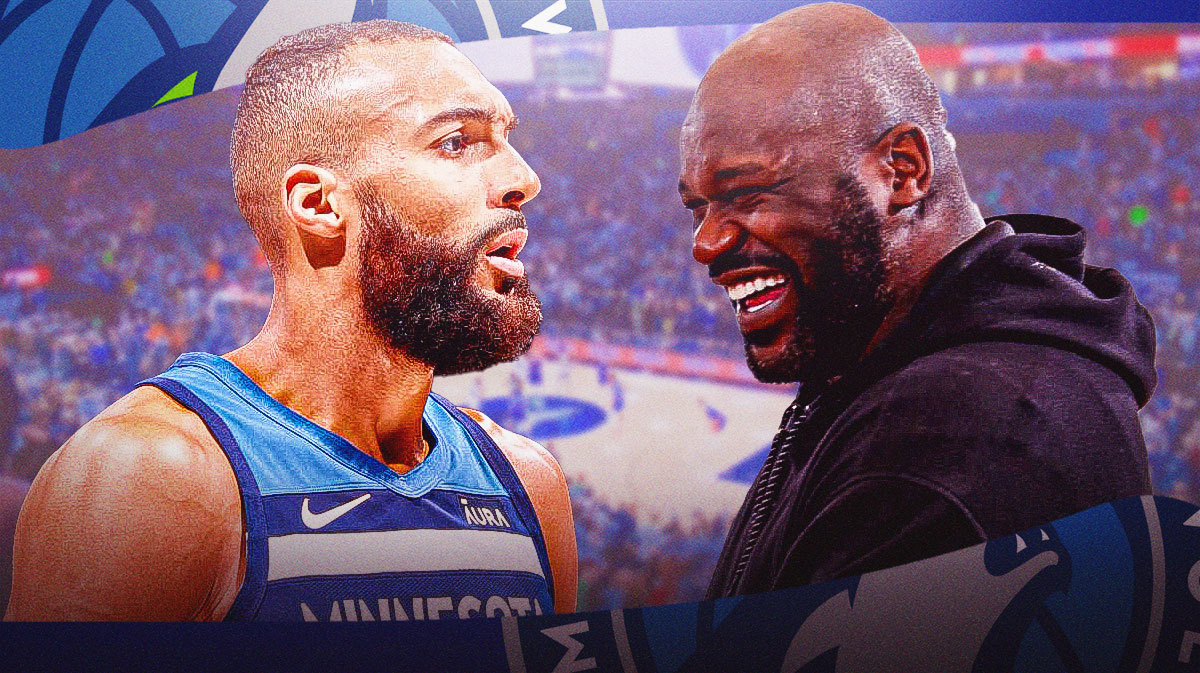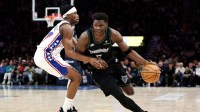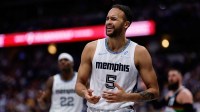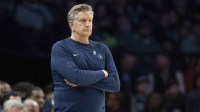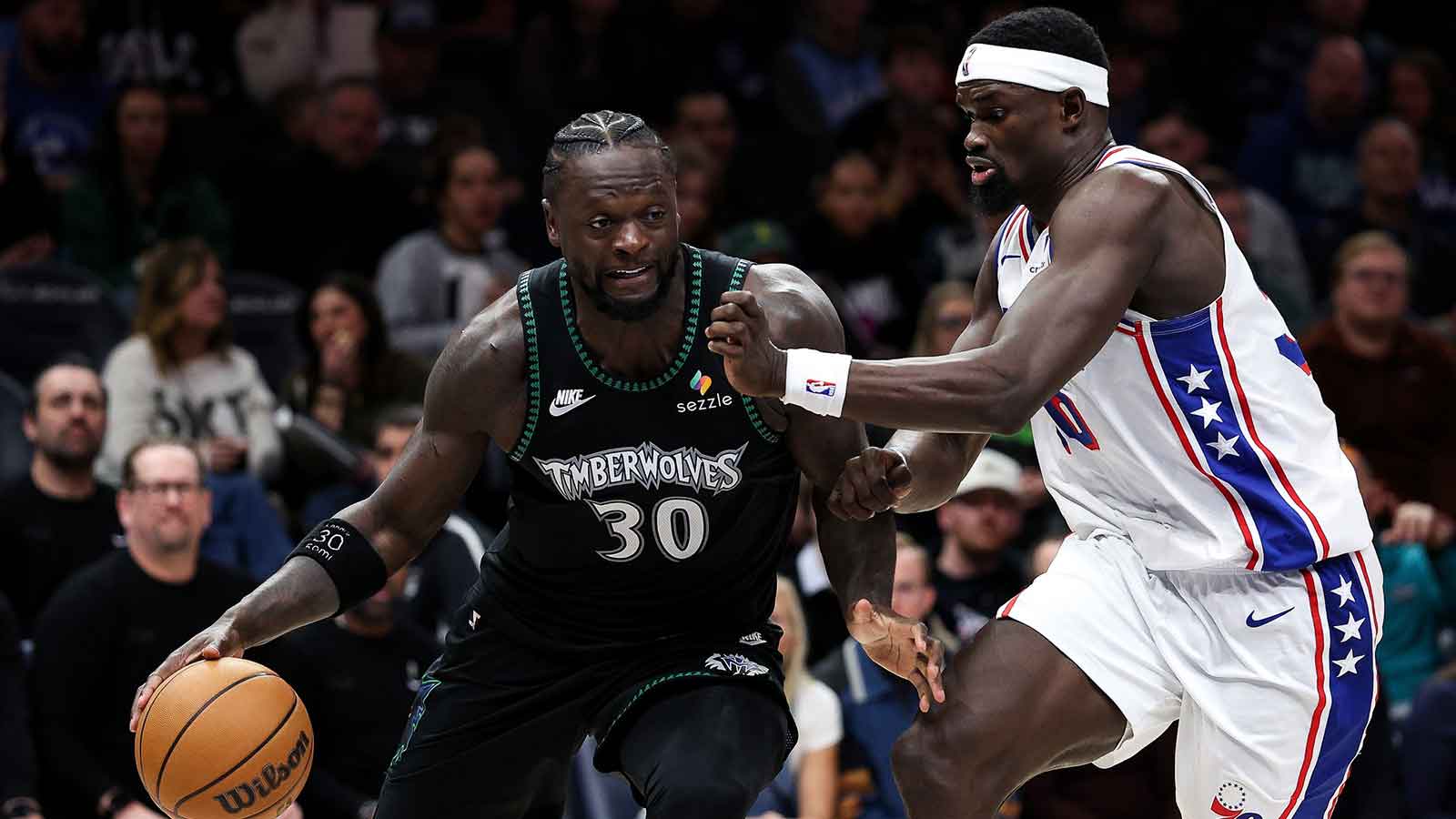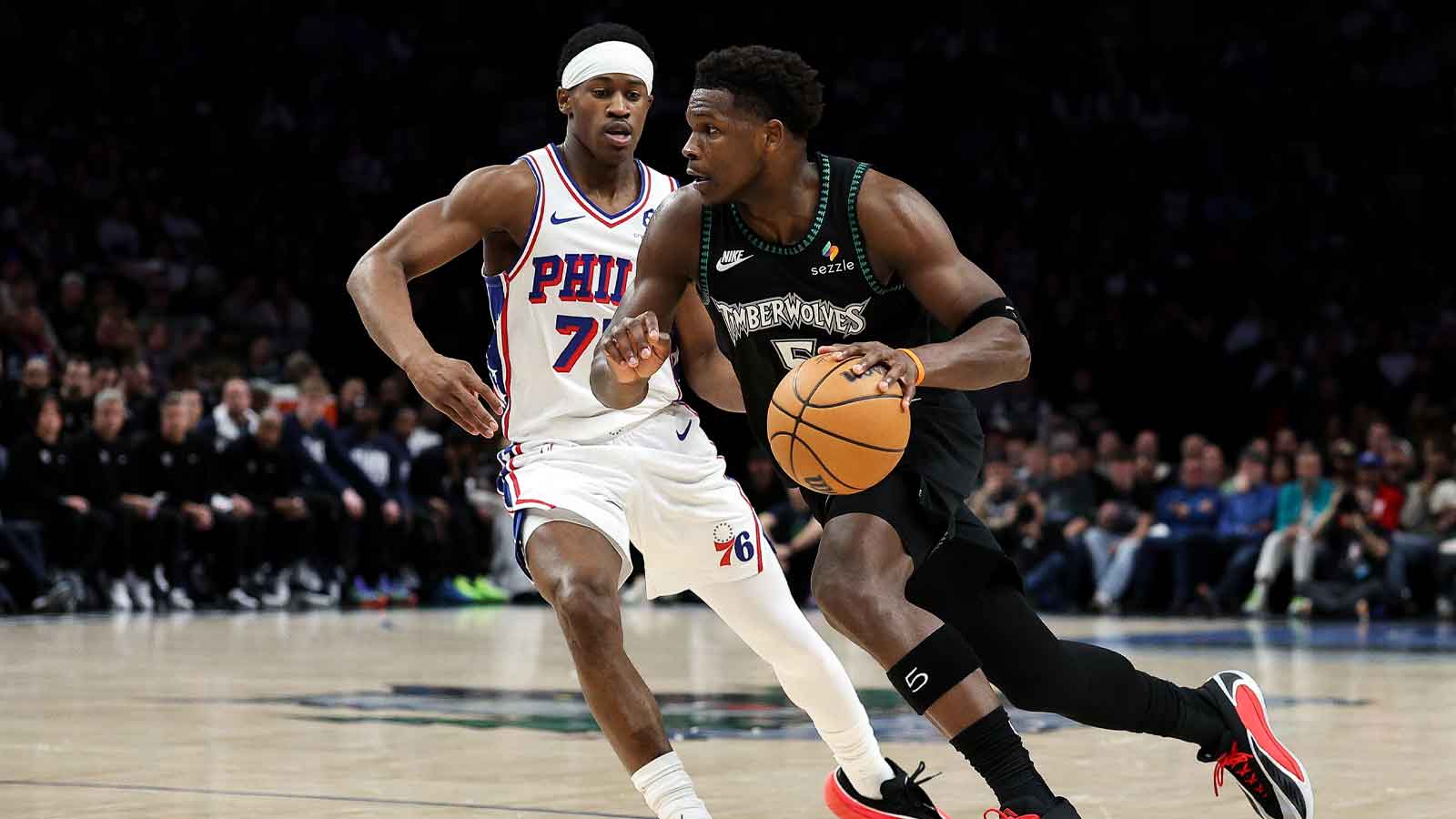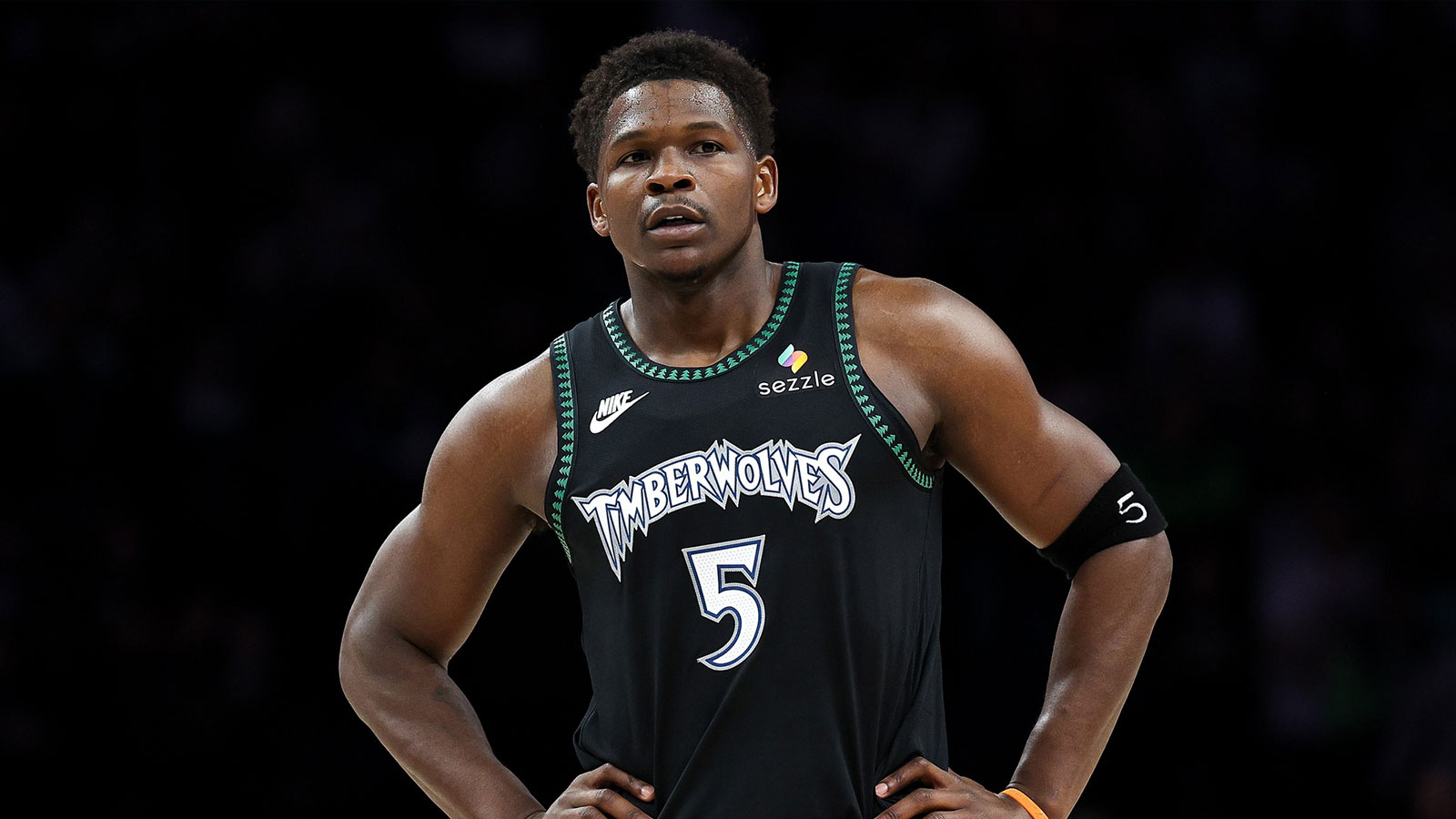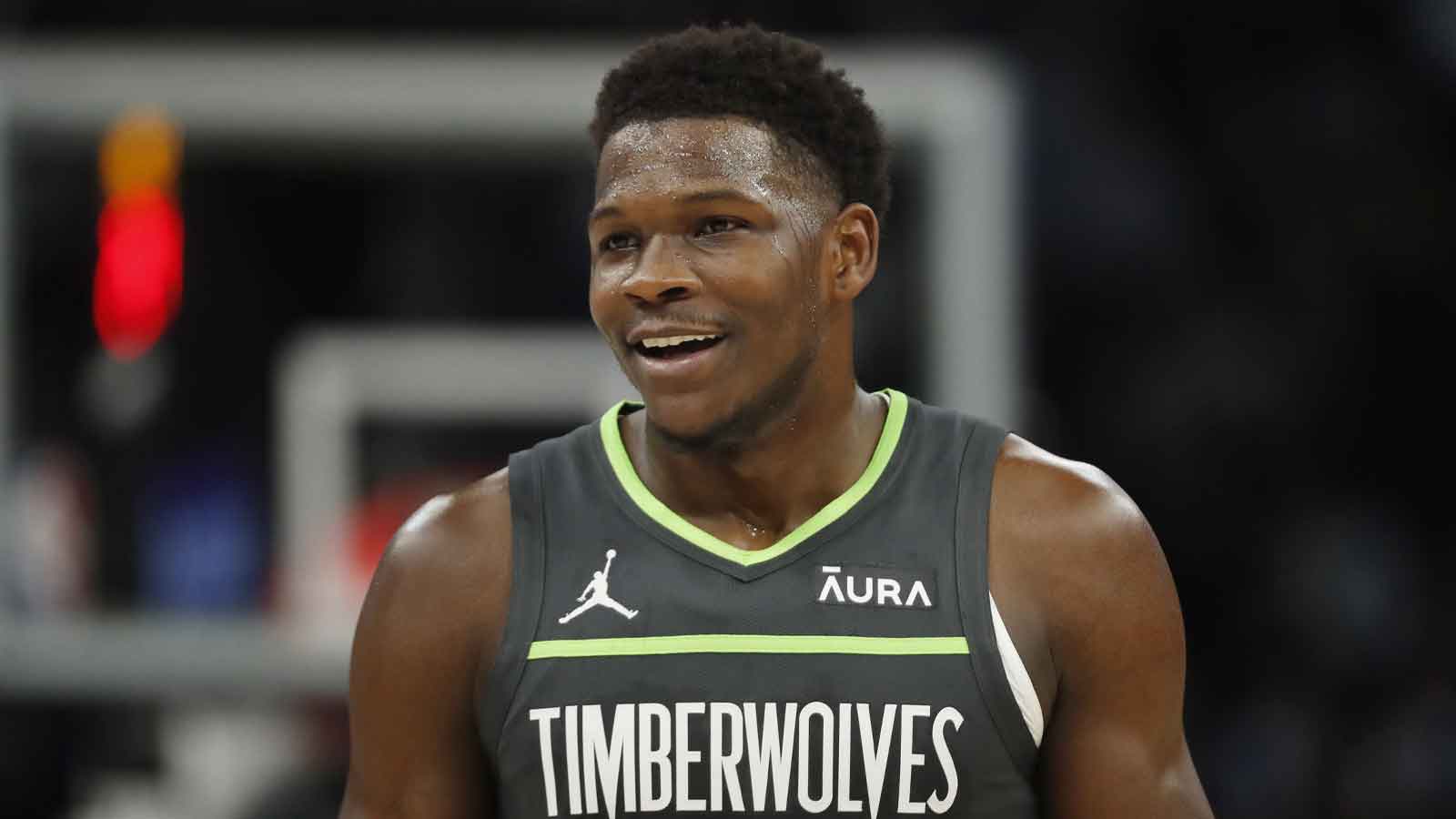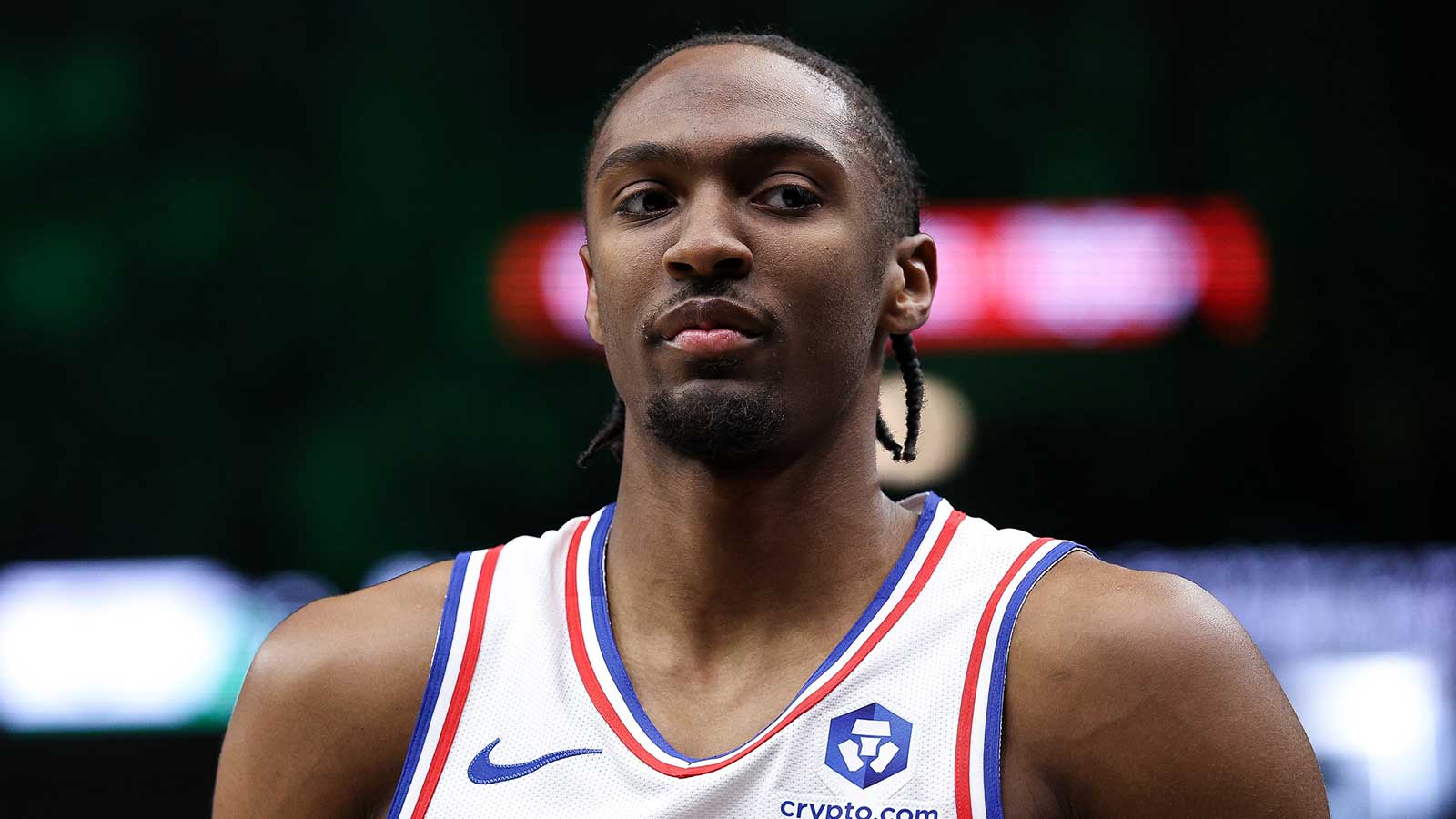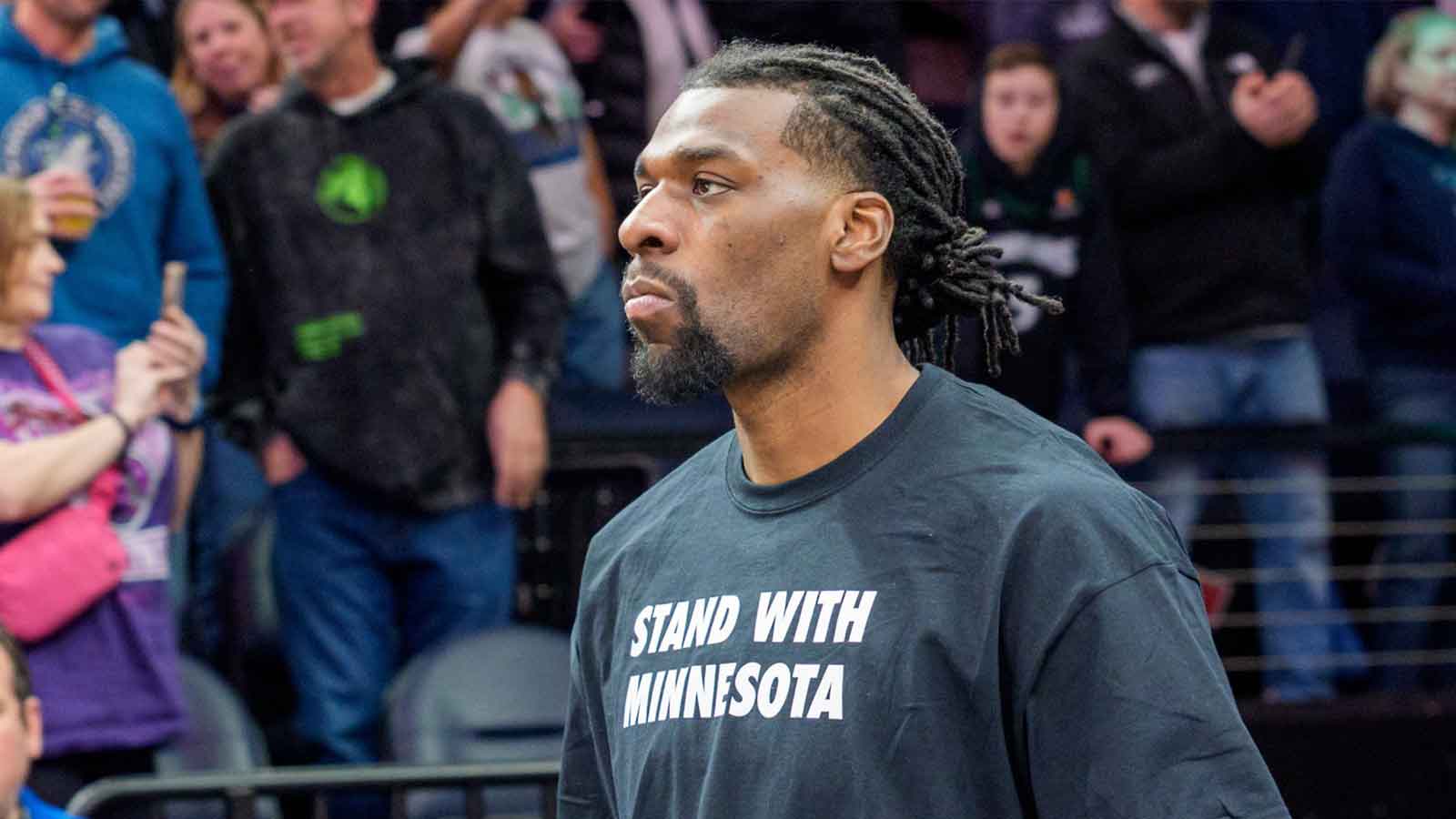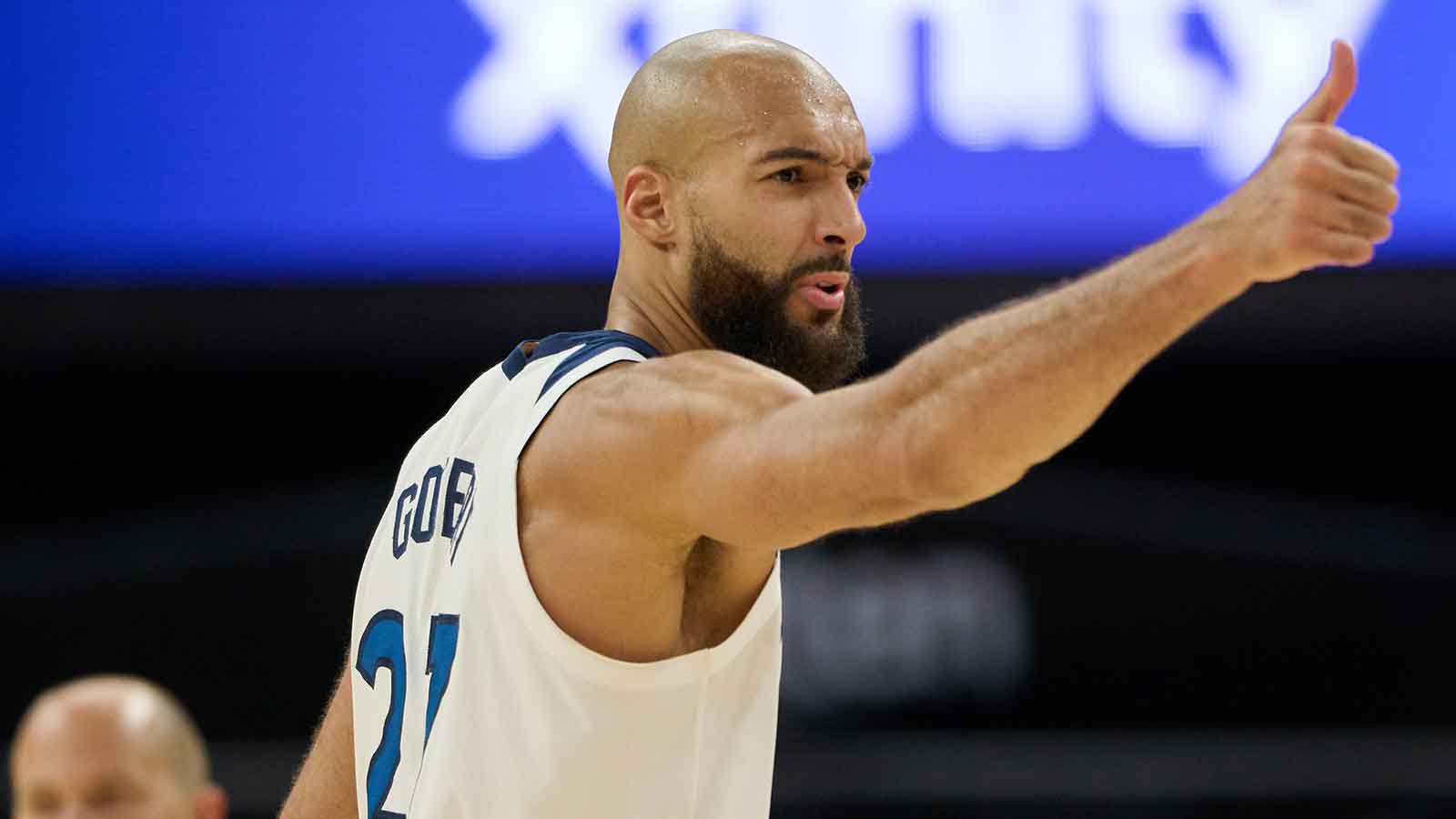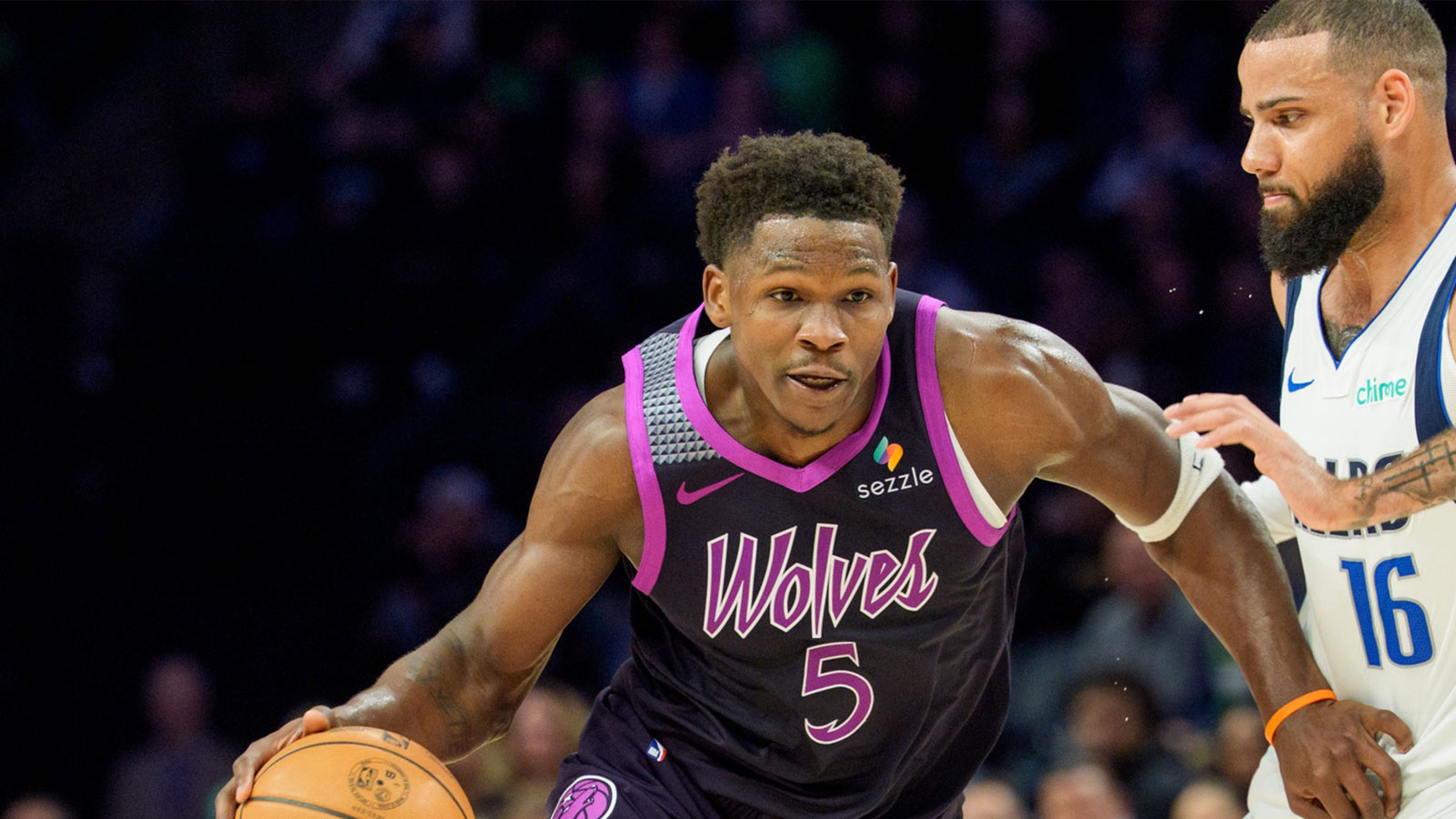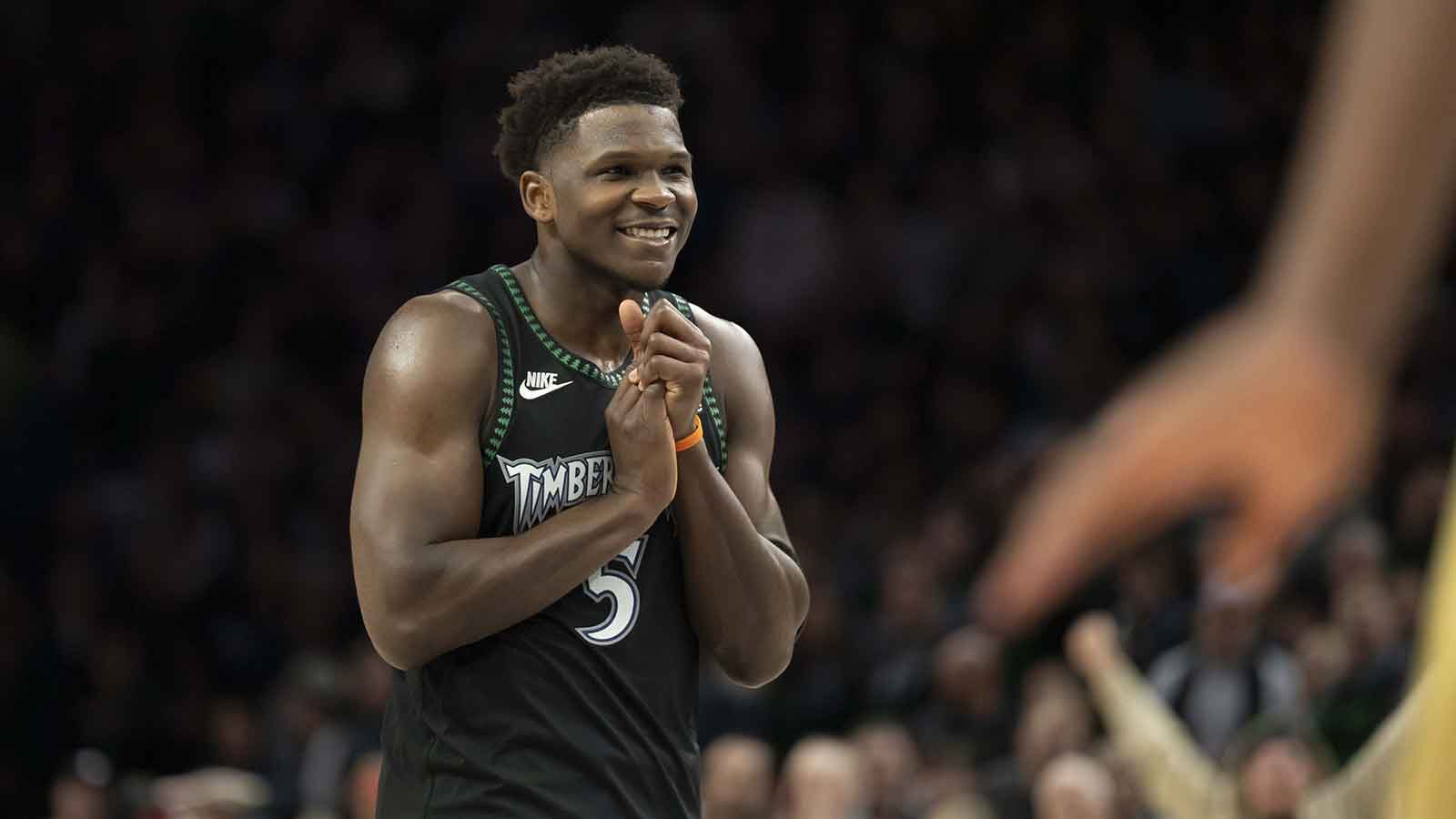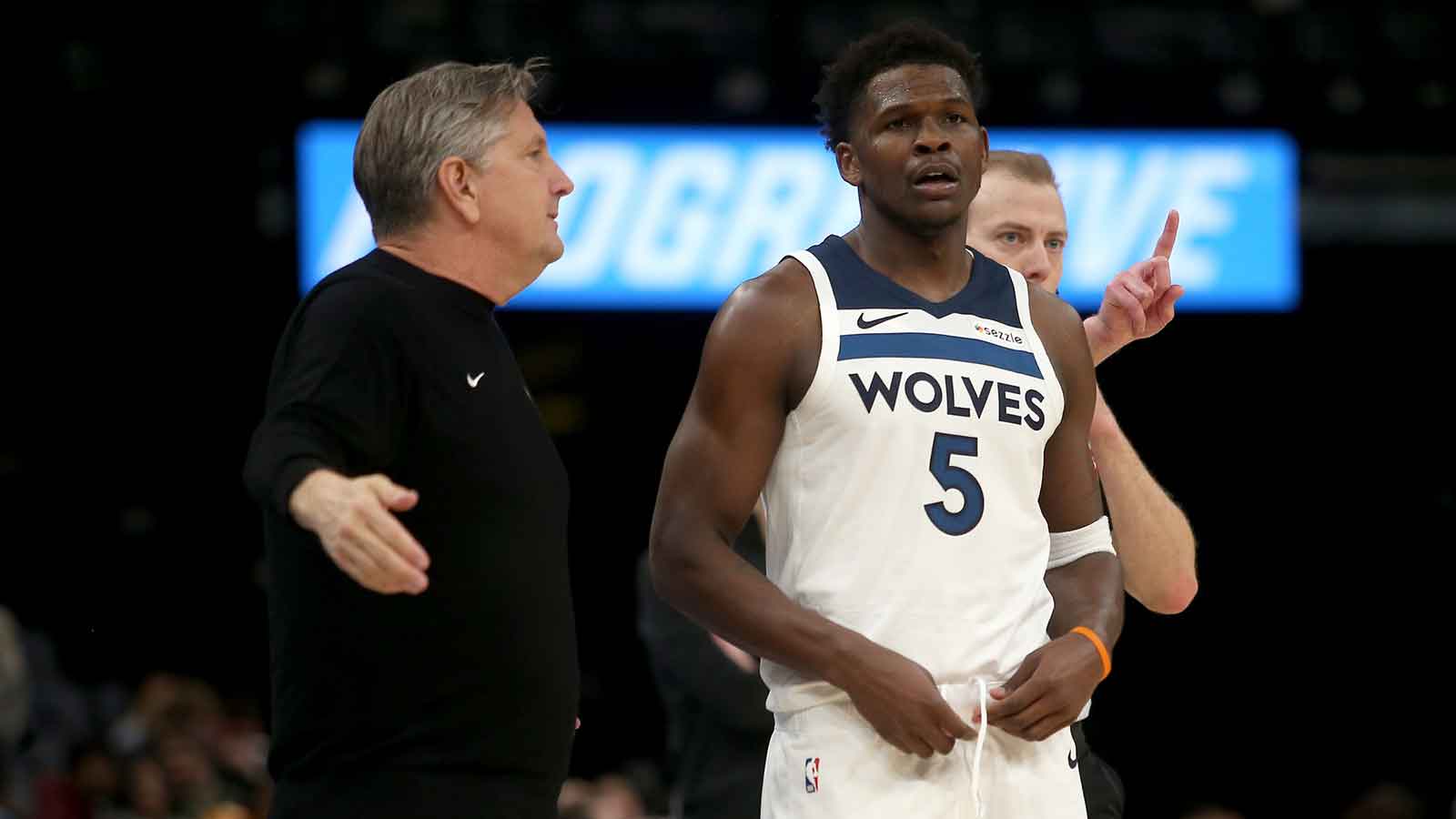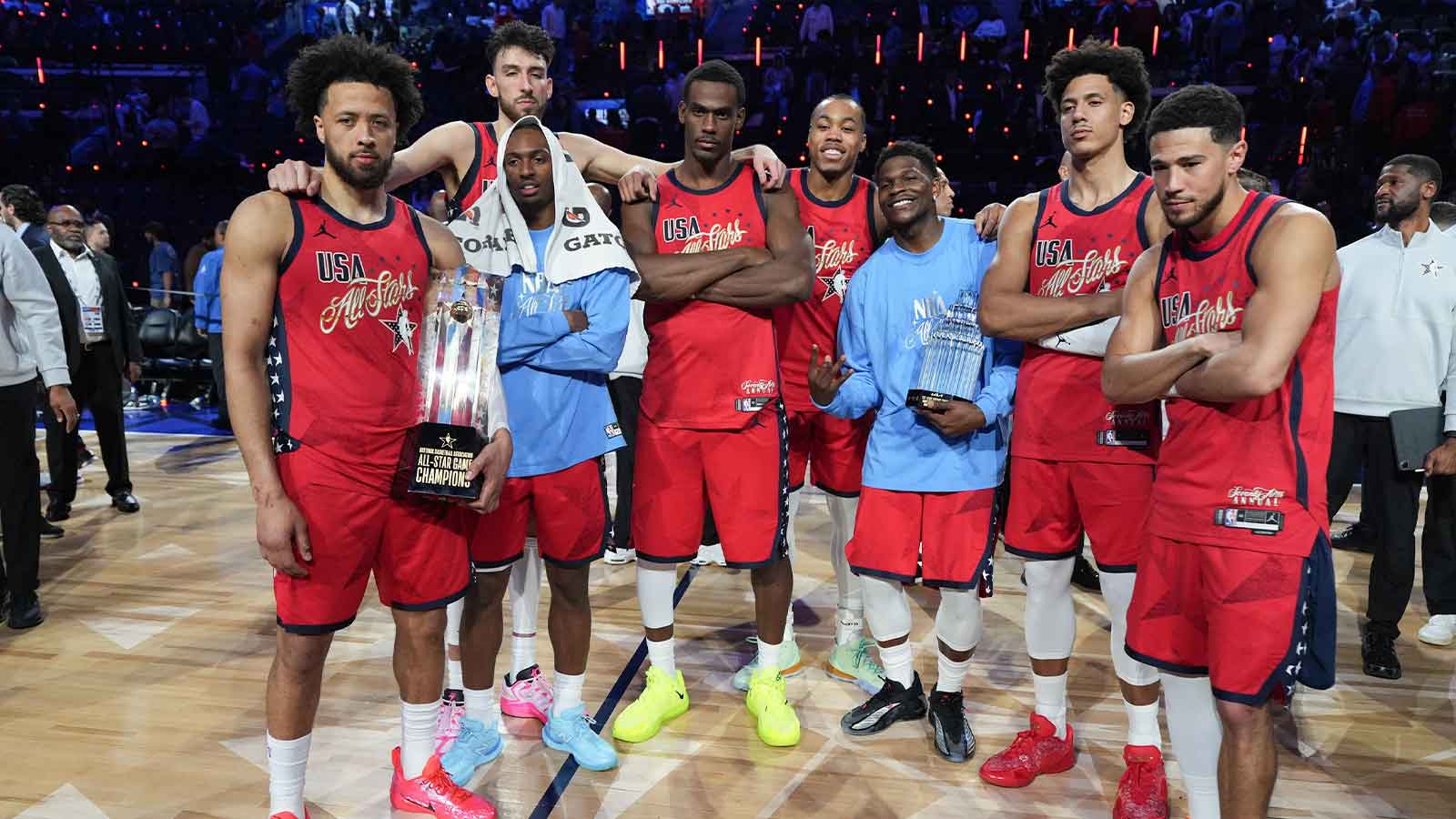Shaquille O'Neal was one of the several most dominant players ever during his prime, an unstoppable force of size, power, quickness and skill on the interior who guaranteed his team contention. Even after transitioning to a more supporting role after winning his fourth and final championship with the Miami Heat in 2006, O'Neal remained a true impact player well into his mid-30s, further burnishing his resumé as an undisputed all-time great.
O'Neal's playing legacy doesn't need any defending. His place in NBA lore is cemented forever. But that standing only makes O'Neal's continued criticism of Minnesota Timberwolves center Rudy Gobert and other modern-era big men ring hollower. Why does one of the 10 best players in the history of basketball so frequently feel the need to punch down at the current generation of bigs? Making O'Neal's critical commentary especially cringe-worthy is that it comes within content of his complete misunderstanding of how the game is played in 2024.
The Hall-of-Famer's most recent jab at Gobert—which he swears is “not a diss”—came on the latest episode of The Big Podcast With Shaq.
“If I was 42 I'd be making Rudy Gobert money,” O'Neal told former Heat teammate Mario Chalmers and TNT partner Adam Lefkoe. “Twelve points and eight rebounds? I could do that s*** right now. It's not a diss, it's a fact. N***a making $250 [million]? God damn. Averaging 12 points.”
"If I were 42, I'd be making Rudy Gobert money. 12 points and 8 rebounds? I could do that sh*t right now… Making $250 million, goddam. Averaging 12 points!”
Shaq says he could put up Rudy Gobert numbers right now 🗣️
(via @bigpodwithshaq) pic.twitter.com/Jlb91znyev
— ClutchPoints (@ClutchPoints) March 13, 2024
Shaquille O'Neal's Rudy Gobert comments reveal his misunderstanding of modern basketball
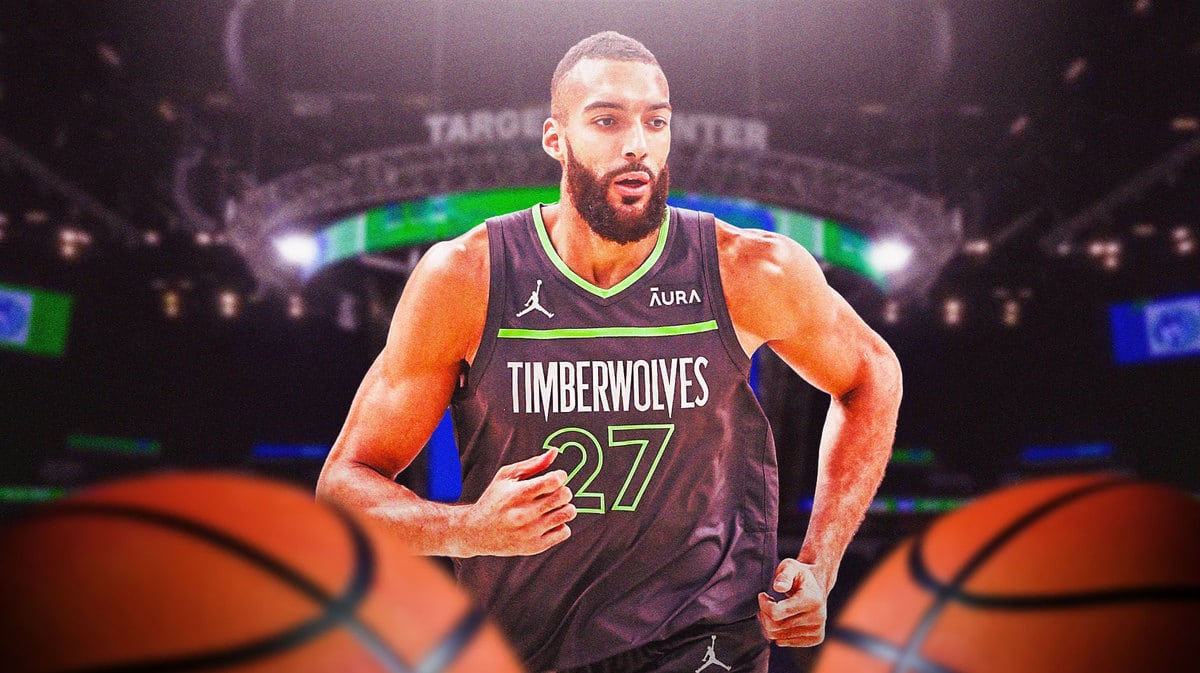
O'Neal played his last NBA game in 2011. He averaged 9.2 points and 4.8 rebounds per game during his forgettable farewell season with the Boston Celtics, yet still was a major positive in terms on-off numbers. Even at 38, battling nagging injuries, O'Neal was still a productive player—especially on offense, where his barely-there lateral quickness and overall foot speed weren't nearly as big an issue on the other side of the ball.
Needless to say, the NBA has changed drastically since O'Neal retired well over a decade ago. He'd have been a perennial MVP candidate in any era at his peak, but even the three-peat Los Angeles Lakers version of O'Neal would be stretched thin defensively playing in today's high-pace, wide-open environment.
Would he be at least marginally effective checking the likes of Nikola Jokic and Joel Embiid one-on-one? Maybe. Teams have gotten much smarter defending those ultra-skilled behemoths, though, often putting shorter, stouter power forwards on them initially. while making Jokic and Embiid see a second line of rim-protection from the likes of Gobert and Anthony Davis.
The NBA just isn't a “guard his a** and shut him down” league anymore. Someone should've told that to O'Neal before he continued going in on Gobert after Chalmers noted he thinks the three-time Defensive Player of the Year is an “overrated” defender.
“I never thought he was a great defensive player, either,” Shaq said. “See, what it is is there's not a lot of centers who are making him play defense. He's not doing that s*** against Joker because he has to be engaged, but when he's going against another guy…He's 7'6! Of course if you lay it up he's gonna block it. But defense to me is guard his a** and shut him down. You wanna impress me? Hold Joker over 15 points. Now you're playing D. All that weak-side, blocking shots, that's cool, but it ain't gonna work against guys like me, Joker and Embiid.”
Gobert, to be clear, makes life as hard on Jokic individually as any defender in basketball. But Minnesota has learned its best means of limiting the Denver Nuggets' team-wide offense is leaving Gobert as a primary help defender while matching Karl-Anthony Towns up with Jokic. That gambit says nothing about Gobert's ability as a man-to-man defender, and everything about Jokic's singular brilliance as one of the best passers ever—regardless of position or height—at seven-feet tall.
Don't forget that Gobert's influence extends far beyond the box score, either, a reality for pretty much every great player that O'Neal and his old-head contemporaries are so quick to look past.
The Timberwolves' league-leading 108.3 defensive rating is 2.1 points stingier than the Boston Celtics' second-ranked mark, and dips down to a ridiculous 106.2 with Gobert manning the middle. Opponents take a whopping 6.3% fewer shots from the restricted area when Gobert's on the floor and connect on those attempts 6.4% less often—disparities that rank in the 99th and 96th percentile league-wide, per Cleaning the Glass.
No defender in basketball effects the other team's offense more than Gobert. As a result, he'll soon join Dikembe Mutombo and Ben Wallace as the only players in league history to win four Defensive Player of the Year awards. Don't make the mistake of completely discounting what Gobert does on the other end, too. While not a back-to-basket scorer or elbow and secondary playmaking hub, the pressure Gobert puts on opponents rolling to the rim after ball screens looms large to Minnesota's offense attack.
Could O'Neal put up “12 points and eight rebounds”—not all that close close to the 13.7 points and 12.6 boards Gobert is averaging this season, by the way—if he was sent back in time to the current era at 42-years-old? Health and conditioning provided, that raw per-game output doesn't seem so outlandish. The bigger question is whether O'Neal would earn enough playing time to get those numbers or if his always-deficient defense in space would ensure that theoretical version of Shaq mostly stayed stuck to the bench.
As for 42-year-old O'Neal guarding Jokic or Embiid? He'd be far more out of his depth in that role than Gobert and other elite defensive centers, more support for the notion early-40s Shaq be little more than a backup in the modern NBA.

